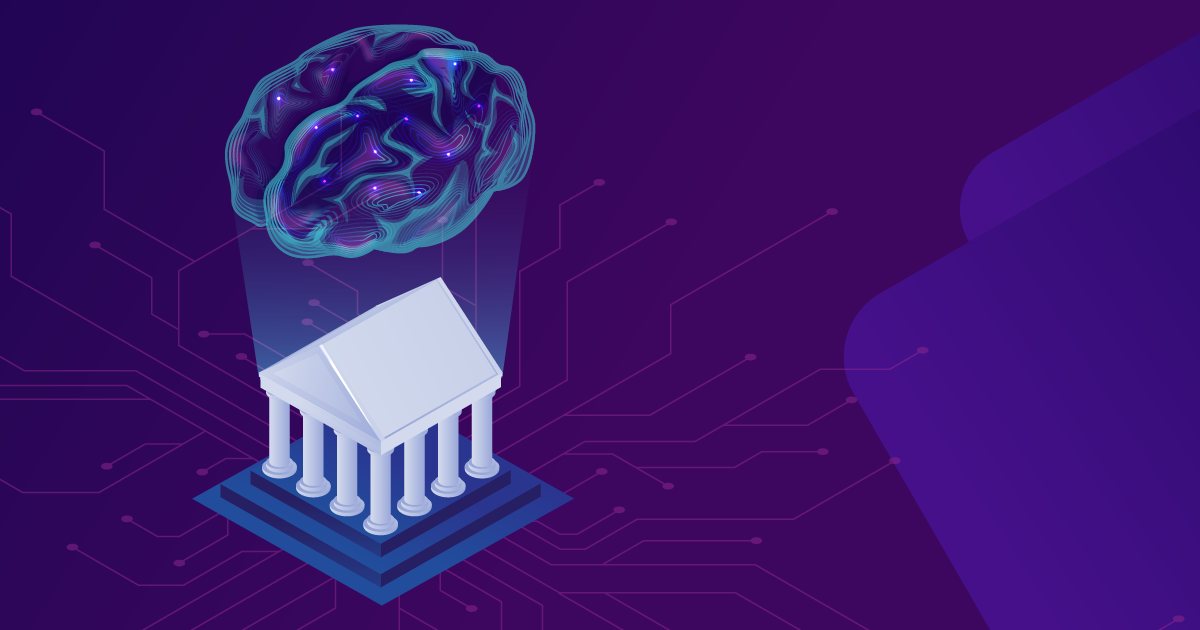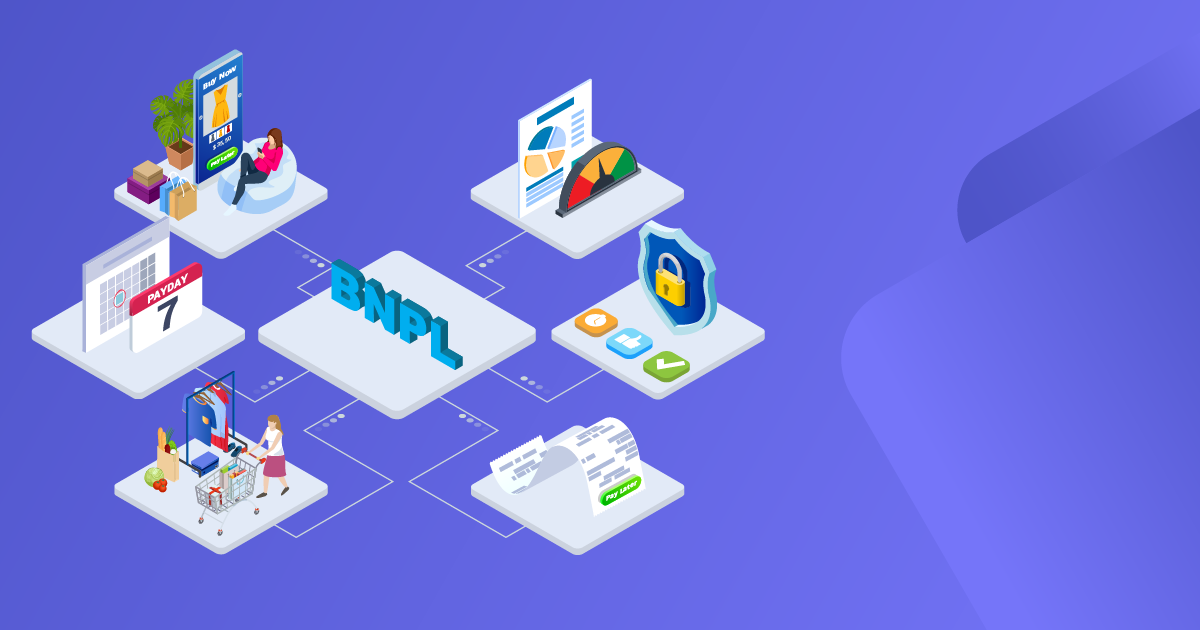

Despite the power of the human mind, there are many processes and analyses in which humans are not highly efficient. This is usually the case when there is a high mechanical component to the problem or when we depend on finding a pattern in large volumes of data.
Numerous sectors have embraced Artificial Intelligence (AI) ranging from the medical sector to driverless cars in the automotive industry. Businesses are implementing AI-enabled solutions to improve their economic efficiency and raise the quality of service.
Historically, the banking system has always sought to maximize its profits, so it is inevitable that it will tap into the AI world with great force. With the advancement of technology, there are progressively more opportunities for improvements, such as the ability to train proprietary systems or use third-party algorithms to further reduce the cost of implementing a business system.
What is artificial intelligence?
Artificial intelligence (AI) is the discipline of automated decision-making and the execution of actions by using computer systems and applying mathematical techniques to large amounts of data.
AI can be used to perform different types of analysis such as ‘Descriptive’ which explains what happened, ‘Prescient’ which predicts what will happen, and ‘Prescriptive’ which suggests what needs to be done to achieve a specific goal.
AI is now a common tool in activities such as internet searches, face recognition, social network recommendations or route determination in navigation applications. Some AI-based techniques have been around for decades, while others are relatively new and many, such as machine learning, are rapidly advancing due to increased data availability and improved techniques that can handle large volumes and sources of data.
AI technologies have demonstrated a powerful ability to recognize patterns, however, it cannot perform associative learning like humans can, analyze a broad overview and connect all our knowledge. The challenge for AI in the future is to improve understanding and responsiveness to the environment at a deeper level. The ultimate goal is for AI technologies to enhance the technological and industrial capabilities of economies, while serving the people and improving their well-being.
Some important applications of AI in the banking and financial sector are presented below:
- Back-end payment processes
Utilizing AI and machine learning in payments accelerates automation and streamlines back-end processes previously done manually by humans. As a result, automation by AI has great potential in the banking industry due to its ability to reduce workloads, optimize the quality of work, enhance productivity, and offer minimal costs and errors in the process.
- Payment fraud detection
Transactional banking is characterized by many processes that support a significant number of end-user interactions in daily payments and generate large amounts of data. AI offers substantial opportunities, particularly in areas such as fraud detection and prevention, payments, and onboarding.
AI can help prevent and detect fraud by highlighting unusual transactions, such as when the amount involved is high, the transaction was initiated by an unexpected customer, or the company has never done business with the target company or country receiving the payment before. In addition, AI tools can detect and monitor unusual financial institution employee behaviors, for instance logging into the systems outside of business hours.
- Know Your Customer (KYC)
Financial institution procedures for onboarding new customers could run more smoothly in the future if they apply AI technologies to process vast amounts of documentation required for Know Your Customer (KYC) purposes.
AI-enabled solutions can use natural language processing to read through documents, interpret the information, and communicate their findings to human decision makers. They can also crosscheck documents with external sources. The result is a faster and cost-effective onboarding process that provides a better experience for both financial institutions and their end customers.
- Regulatory compliance
All financial institutions are mandated to provide financial services and support customers in compliance with regulatory requirements and regulations. One of those requirements is to not disclose the financial data of customers, which is highly vulnerable to hacking.
AI-based fraud analysis tools detect suspicious actions of hackers. In this way, it is one of many examples on how AI can assist financial institutions in securing a high level of protection for customer data. AI systems also ensure that processes are in line with changing regulatory requirements.
- Customer service
AI has the potential to enhance the convenience of financial services and the way we interact with them. With advances in natural language processing, sentiment analysis or machine learning, it will be possible to have advanced chat or voice conversations with customers and answer highly complex queries.
Most importantly, systems will be able to learn from their own interactions or from those of other agents performing a specific task. This will make it possible to automate some of the processes developed in customer service departments, giving customers more convenience and flexibility in interacting with their bank.
Robo-advisors, often AI-based systems specifically designed to provide automated financial advice, offer a variety of uses. Through websites or mobile apps, for example, they can offer us the investment products best suited to our needs based on our profile, alert us for upcoming payments and pending bill payments, or analyze our spending habits to tell us how to increase our savings.
Another use of AI to improve customer service is the AI-based chatbot, which modernizes the way banks provide services to their customers by providing 24/7 assistance and accurate answers to their queries. This enables more personalized experiences that attract the attention of customers, optimize service quality, and expand their brand in the market.
The adoption of AI in the banking sector is still in its early stages, but its opportunities are enormous.
Technological advances and changing consumer habits are introducing new challenges, and even questioning how banks can maintain trust with diminishing human interactions, and physical currencies.
At the same time, there are always valuable opportunities worth exploiting: although there is less human contact, interactions are becoming more personalized through customized experiences for everyone.
All in all, artificial intelligence can be seen as a turning point in the world of banking, and those who resist utilizing it will endure inefficient processes and restricted services.






